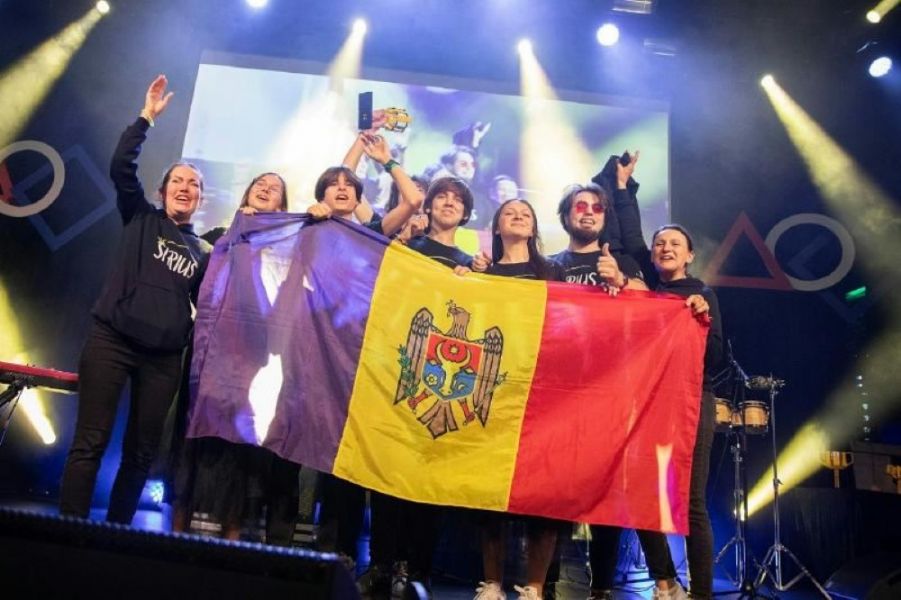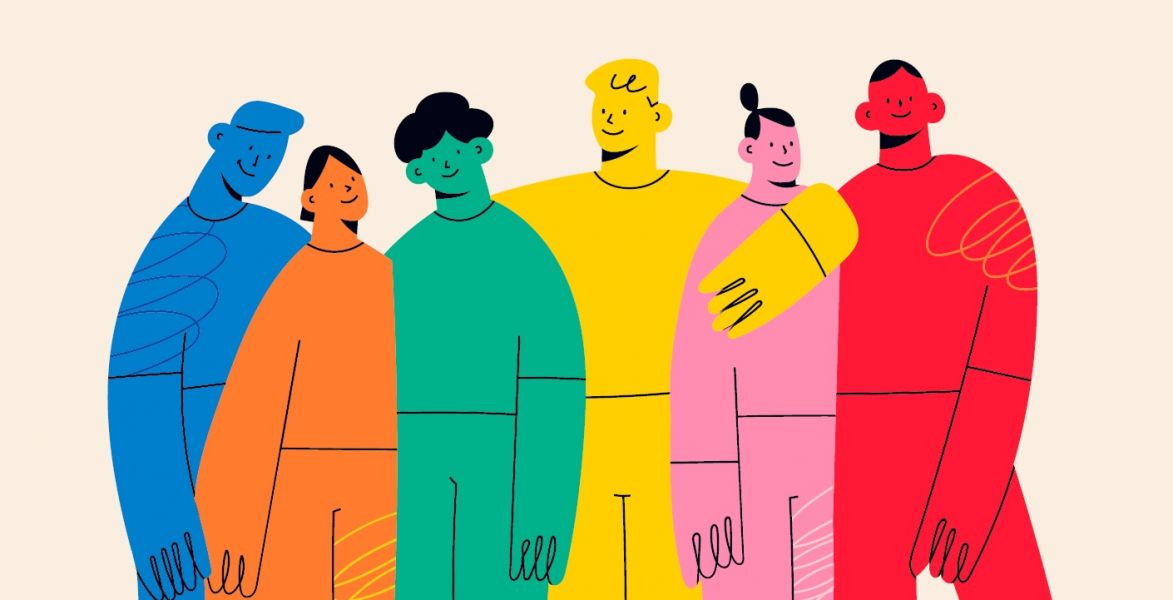Why Translation is Becoming Important in the Balkans
The Balkan Peninsula or the Balkans comprises three peninsulas in Eastern Europe. The exact components of the region are still fuzzy. For many, the Balkans is composed of parts of Slovenia, Montenegro, Serbia, Romania, Kosovo, Macedonia, Croatia, Albania, Bulgaria as well as Bosnia and Herzegovina. There is also a small region, called European Turkey, which is near Istanbul that is included in the Balkans. In some lists, portions of Greece and Turkey are also included.
The definitions of the Balkans differ because some interpretations are based on geography while some are defined according to history and culture. There are groups that do not want the use of the term, Balkans because it has negative connotations due to the political turmoil and divisiveness among the ethnic groups. Although not official, a new term emerges, with the region called as South East Europe. It is also called the Western Balkans that traditionally comprises six areas: Serbia, Macedonia, Kosovo, Bosnia and Herzegovina, Croatia and Albania.
Languages of the Balkans
Given that several countries and cities form part of the Balkans, it is expected that the region speaks a variety of languages. Each country will have its own set of languages and dialect. Talk about being diverse!
Most of the areas in Europe speak languages from the Indo-European language family although some of the branches are not represented in the Balkans. For example, the Germanic branch is not represented in the area. Common among the languages are those from the Slavic language branch like the Greek, Albanian and the Romance languages. The Slavic groups in the Balkans as well as the Macedonians, Bulgarians, Croats and Serbs speak languages linked to Russian, while the languages related to French, Spanish and Italian are used by Romanians.
But that's not all, as other languages spoken in the Balkans do not belong to the Indo-European language family. These are Romany (Indo-Aryan), Hungarian (Uralic) and Turkish (Turkic) languages.
Here are some of the major languages spoken in the region.
1. Albanian
While Albanian is part of the Indo-European language family, it does not have close ties with other languages in Europe. It has its own independent branch. It's considered the only Illyrian language spoken in the world. Albanian is composed of two dialects: Tosk is Albania's official language and it is spoken as an official language in Macedonia and Turkey. Tosk is spoken in Italy, Greece, Turkey and southern Albania as well. The other dialect is called Gheg (Geg), which is spoken in northern Albania, Bulgaria, Macedonia, Kosovo, Montenegro and Serbia. Both languages enjoy some form of mutual intelligibility.
2. Greek
According to some scholars, only the northern part of Greece is a part of the Balkans. Interestingly, Greek, which is a part of the Indo-European language family, is natively spoken in the southern part of the Balkans. In the area the Greek alphabet continues to be used for their writing system.
3. Bulgarian
Bulgarian is one of the Slavic languages and just like Serbian, continues to use the Cyrillic alphabet.
4. Romanian
The Romance language, Romanian is also spoken in the Balkans. In the beginning, the area was called Dacia, which was conquered by the Romans, who stayed there for two centuries. The people of Dacia assimilated Latin very quickly, which gave rise to the Daco-Romanic dialect. Eventually, other languages influenced the development of Romanian. Such influences include the lexicons borrowed from German, Italian, Slavonic and Romanian itself. One of its dialects is Istro-Romanian, spoken in the Istrian Peninsula. Another one is the Aromanian language, also called Macedo-Romanian or Vlach. It has some similarities with Romanian but there are traces of Greek, Serbian and Albanian as well.
5. Macedonian
Macedonia is a new part of the Balkans and its vocabulary comprises South Slavic words while the writing system follows the Cyrillic alphabet. Several communities in Serbia, Romania and Albania, and of course Macedonia, speak Macedonian.
6. Serbo-Croatian
This language is quite interesting. Serbo-Croatian is a Slavic language used in Serbia and Croatia. However, the Cyrillic alphabet is used by the Serbs while the Croats use the Latin alphabet. It has three dialects: Kajkavian, which is a Slovenian dialect that is used in the northwestern part of Croatia, the Chakavian dialect that is mainly used along the Adriatic coast and spoken in the islands in the Adriatic and the Shtokavian that has widespread use in Montenegro, Bosnia, Croatia and Serbia.
But did you know that Serbo-Croatian (also Croato-Serbian), does not exist anymore? It was a uniting factor in Yugoslavia, but like the country, the language is officially gone. It was replaced by separate languages – Montenegrin, Croatian, Serbian and Bosnian.
However, there is some controversy here because for some groups of NGOs and linguists, the four languages are the same. What cannot be denied is that these four languages are mutually intelligible. Think of American, Australian and British English, which are collectively called English, but have some specific differences but generally understood by all English speakers.
Importance of translation services
Given the above scenario, there is no doubt that translation services are in great demand in the Balkans. If you want to explore any of the territories that belong to the Balkan region, it might be difficult to determine which language to use when ordering translation services.
The variety of languages spoken in the Balkans means that companies have to identify the language that best suits the target location. But aside from interpreting and translation services, what is increasing in demand is localization, because there is always the unspoken sympathy for all the dialects spoken in the region. Likewise, consideration is given to all the people who speak these languages. For example, the Serbs may be able to read an English to Croatian translation, however, they much prefer to read something in their own language.
Furthermore, the political strife in the Balkans led to the ethnic groups not having a harmonious existence and the differences in language becomes a part of their struggle. There is a scene in the Korean drama, Jewel in the Palace (Dae Jang Geum) that is similar to this. In the early part of the series, an outspoken Head Kitchen Lady who was a favorite of the king (but not by those who seek political power) mentioned that food should not be used as a tool for political ambitions and financial gains.
Many of the professionals, technical, medical and industrial companies that left the region when the Yugoslav armed conflicts were happening are now coming back and reestablishing in many parts of the Balkans. They want to compete in the international markets and within the European Union itself. When there is economic growth, you can be sure that translation and localization will be vitally important more than ever.
Therefore, when you order translation projects intended for the Balkans, it is essential to be specific. If you do have an idea on which languages would benefit the widest audience, trust the translation company you hire to give you the best advice.
Sean Patrick Hopwood, President and CEO of Day Translations, Inc.







